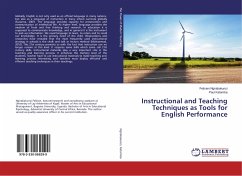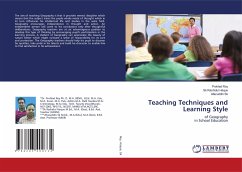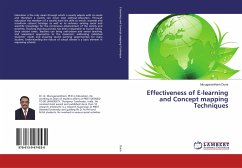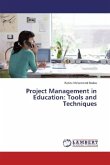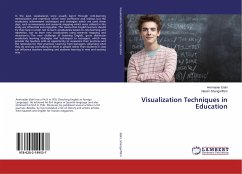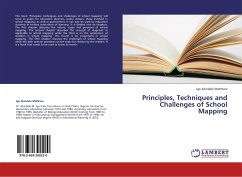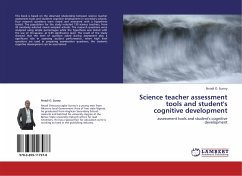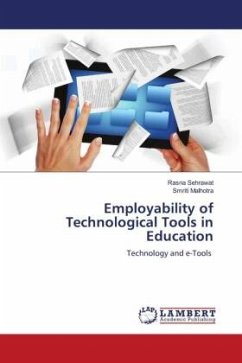Globally, English is not only used as an official language in many nations, but also as a language of instruction in many school curricula globally (Susanna, 2007). The language provides capacity for preservation and communication of intellectual life. At higher level, language provides the medium of fresh and free thinking and research. In education it is supposed to communicate knowledge, and in general it is the instrument to pick up information. We need language to learn, to retain and to recall our knowledge. It is the primary need of the child. Observations and researches have revealed that the most frequently used instructional strategy in schools is the chalk and talk or lecture method (Mohammad, 2010). This 21st century presents us with the fact that instruction can no longer remain at this level. It requires some skills which some call 21st century skills. Instructional materials play a very important role in the teaching and learning process. It enhances the memory level of the students. Teacher have to use instructional materials to make teaching and learning process interesting and teachers must deploy effective and efficient teaching techniques in their teachings.
